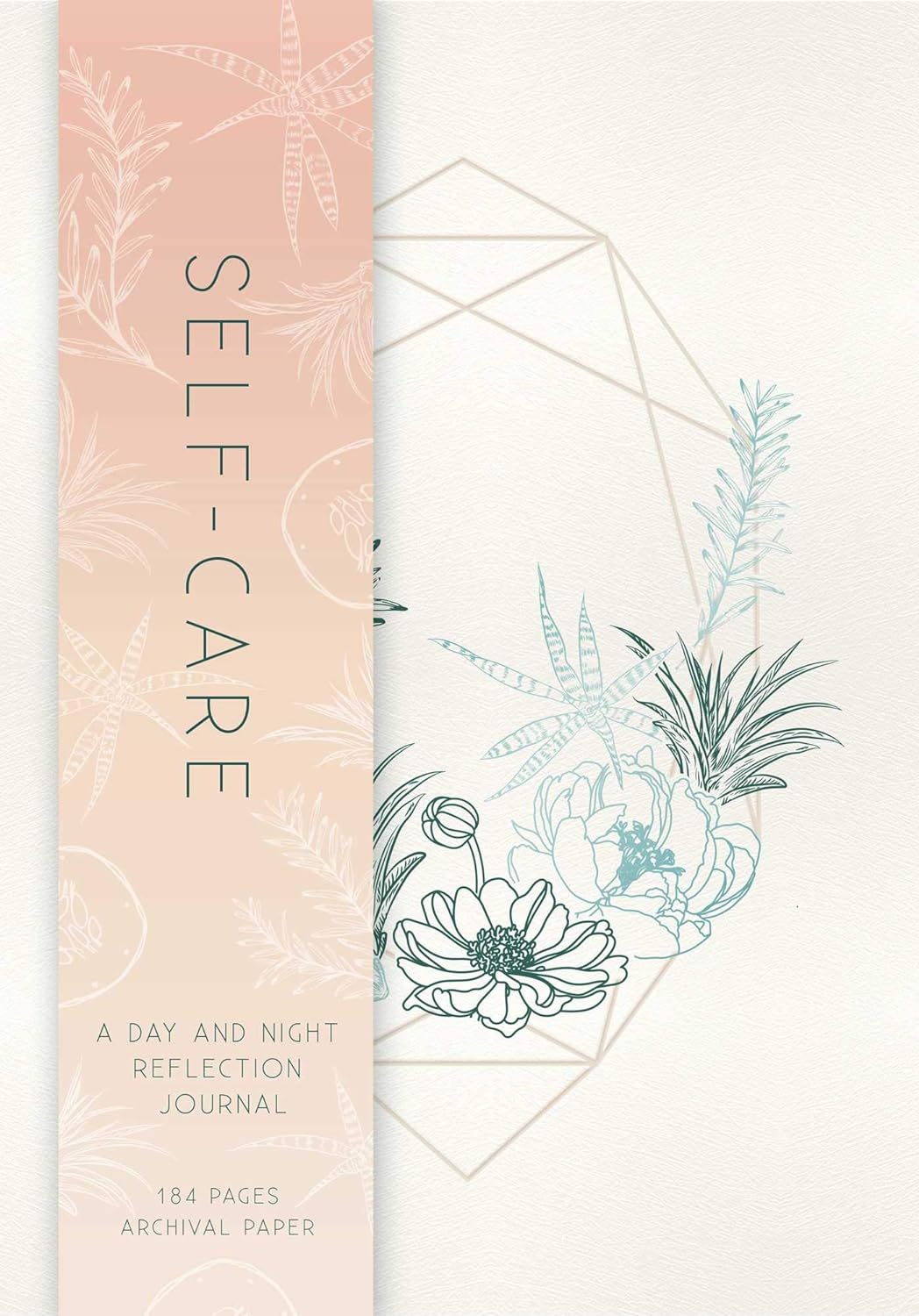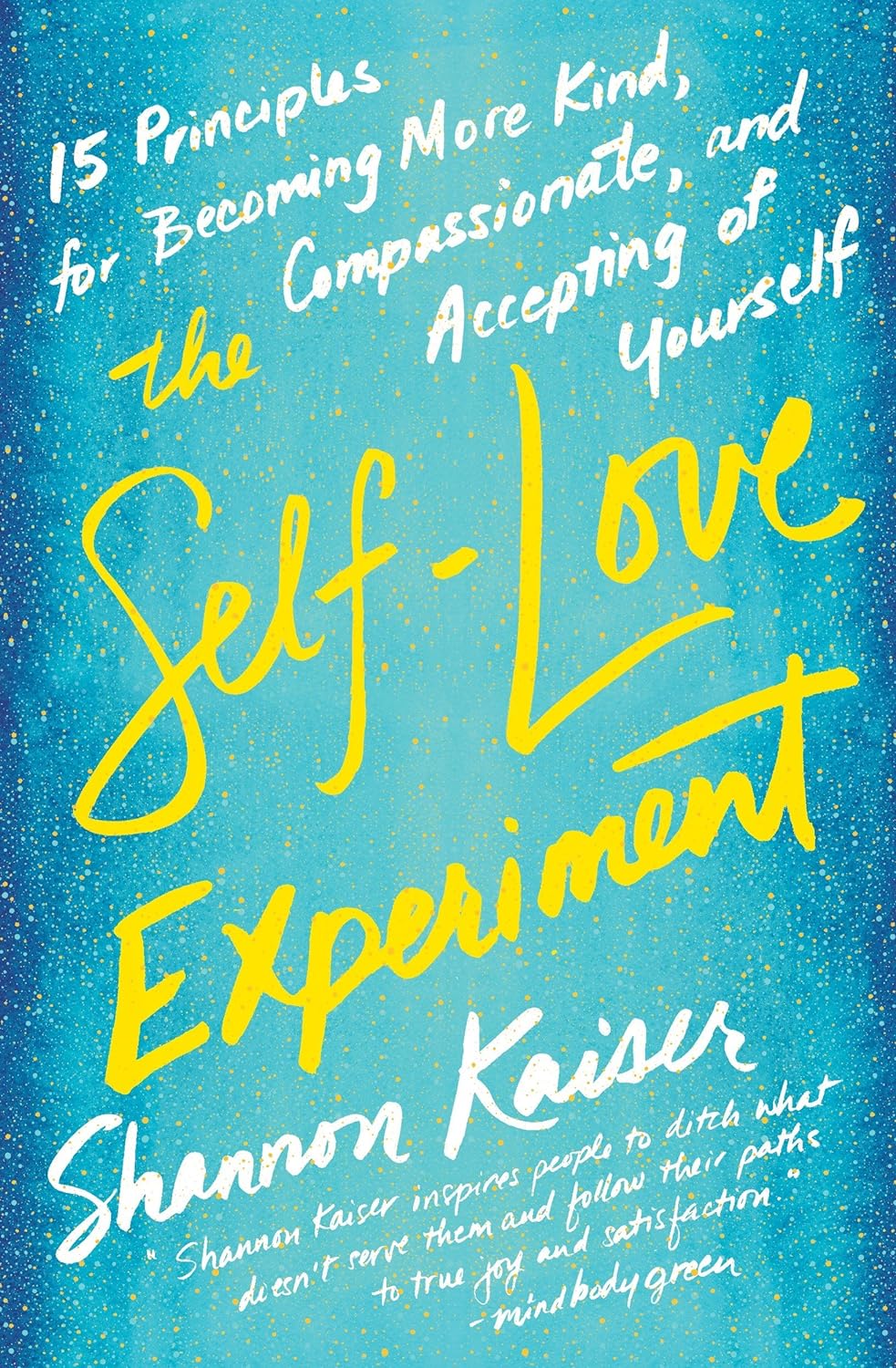Have you ever wondered if being alone might not inherently be bad?
In an era marked by constant connectivity and the buzz of social interactions, the notion of being alone often triggers a reflexive sense of unease. Yet, as we navigate the intricate tapestry of modern life, it becomes increasingly apparent that being alone might not inherently be a bad or distressing experience. You can explore the multifaceted facets of solitude, dispelling misconceptions and shedding light on how it could be a source of enrichment and growth in our lives.
From self-reflection and personal development to creativity, stress reduction, and nurturing authentic relationships, solitude offers a profound and often underappreciated avenue for discovering the deeper layers of our existence. Rather than dreading solitude, let us embark on a journey to understand how being alone might not be a bad thing but a valuable asset on our path to self-discovery and well-being.
1. Self-Reflection and Personal Growth

Solitude provides the perfect environment for self-reflection and personal growth. We often find ourselves caught up in a whirlwind of external stimuli and distractions during our busy lives. We’re constantly responding to messages, meeting the expectations of our social circles, and attending to various obligations. Amid this chaos, it becomes challenging to find time for introspection.
When alone, we can explore our thoughts and emotions without external influences. Solitude allows us to look inward, ponder our experiences, and better understand ourselves. It’s a time for self-evaluation, setting personal goals, and devising strategies for self-improvement.
2. Creativity and Innovation
The link between solitude and creativity is well-established. Creative individuals often attribute their most innovative ideas to moments of solitude. Without external distractions, our minds can roam freely, exploring new concepts and ideas without limitations. Some world’s most renowned thinkers, writers, and artists have harnessed solitude as a wellspring of creativity.
Solitude offers an environment where we can fully immerse ourselves in creative endeavours. Unburdened by the pressures of external expectations and judgments, we can push the boundaries of our imagination and venture into uncharted territories. In solitude, we connect disparate ideas, fostering the birth of novel concepts and innovative solutions.
3. Stress Reduction and Mental Health
Contrary to the belief that being alone exacerbates stress and mental health issues, solitude can be a potent antidote for anxiety and a cornerstone of good mental health. Engaging in solitary activities like meditation, journaling, or simply spending time in nature can significantly reduce stress levels, alleviate anxiety, and contribute to overall well-being.
In the sanctuary of solitude, we can temporarily escape the demands and stressors of social interactions. This respite allows our minds to rejuvenate, promoting relaxation and emotional balance. Being alone can be a vital tool for managing and preventing stress-related ailments.

4. Independence and Self-Reliance

Being alone encourages the development of independence and self-reliance. In the absence of constant companionship, we learn to rely on ourselves for support, both emotionally and practically. This self-sufficiency boosts our self-esteem and self-confidence as we recognise our capacity to handle life’s challenges independently.
The independence gained through solitude can also enhance our decision-making skills. Without external opinions and influences, we are compelled to make choices on our own. This autonomy fosters our problem-solving abilities, ultimately instilling trust in our decision-making prowess.
Interesting Post: 10 Healthy Rules To Consider When Using Social Media
5. Enhanced Relationships
It might seem counterintuitive, but embracing solitude can improve our relationships with others. When we invest time in self-reflection and self-care during moments of being alone, we become more self-aware and self-accepting. This heightened self-awareness can lead to healthier and more authentic connections with others.
Instead of relying on others to fulfil our emotional needs, we approach our relationships from a place of self-sufficiency and a deeper understanding of our desires and boundaries. Consequently, our interactions with friends and loved ones become more enriching and meaningful. Moreover, taking time for ourselves allows us to recharge and avoid relationship burnout. We all require personal space and moments of solitude to rejuvenate, and by nurturing our alone time, we are better equipped to give our best in social interactions.
Related Post: How To Make SMART Goals With Examples
6. Mindfulness and Present-Moment Awareness
Being alone cultivates mindfulness and present-moment awareness. Solitude provides a space to wholly engage with the here and now, free from external distractions. Mindfulness practices, such as meditation and deep breathing exercises, are particularly effective in solitude.
When alone, we can focus on our thoughts and emotions without judgment. This nonjudgmental self-awareness can lead to enhanced emotional regulation, reduced stress, and elevated well-being. Solitude is an opportunity to connect with the present moment and appreciate the beauty surrounding us.
Read More: 3 Mindful Steps To Help You Make Better Decisions

7. Self-Discovery and Identity
Solitude allows us to embark on a journey of self-discovery and self-identity. During moments of being alone, we can delve into our interests, passions, and curiosities. We can explore hobbies, read books that resonate with us, or engage in activities that define us as individuals.
This process of self-discovery is pivotal for understanding our true identity, values, and beliefs. It enables us to align our lives with our authentic selves, leading to greater fulfilment and a profound sense of purpose.
In exploring the often misunderstood concept of solitude, there were numerous reasons why being alone might not be inherently bad. Solitude, when embraced and harnessed intentionally, serves as a gateway to self-reflection, personal growth, creativity, stress reduction, and genuine self-discovery. It can lead to increased independence, relationship authenticity, and a profound mindfulness of the present moment.
Rather than fearing solitude, we should regard it as an essential facet of the human experience, a powerful personal and spiritual development tool. In a world perpetually buzzing with noise and activity, let us not overlook the tranquil spaces in which we can uncover our true selves and tap into the wellspring of our creativity. Embracing solitude is not a retreat from life but a deliberate step toward a more profound understanding of ourselves and the world around us, ultimately enriching our existence and leading us to a more fulfilling life.

